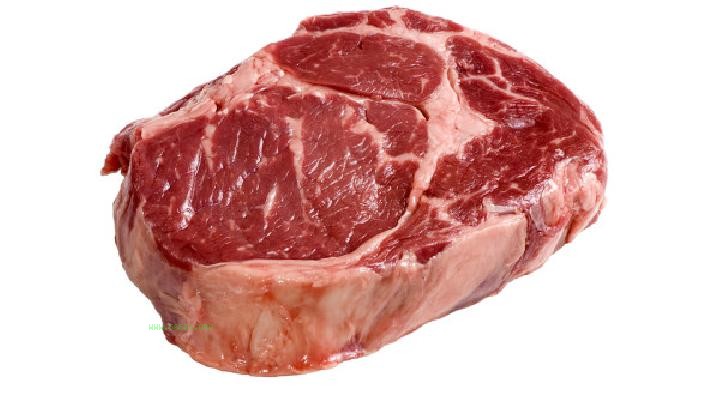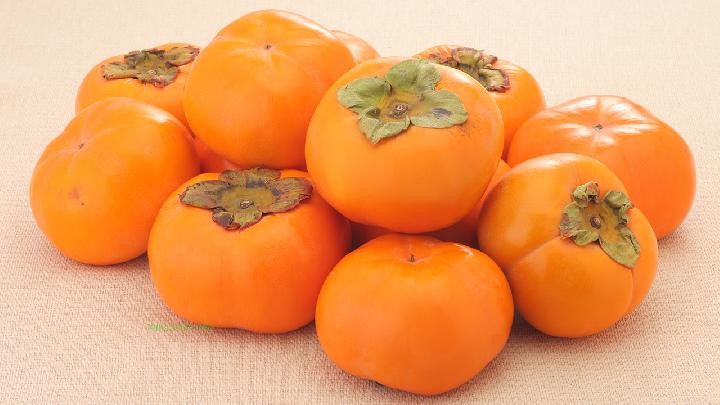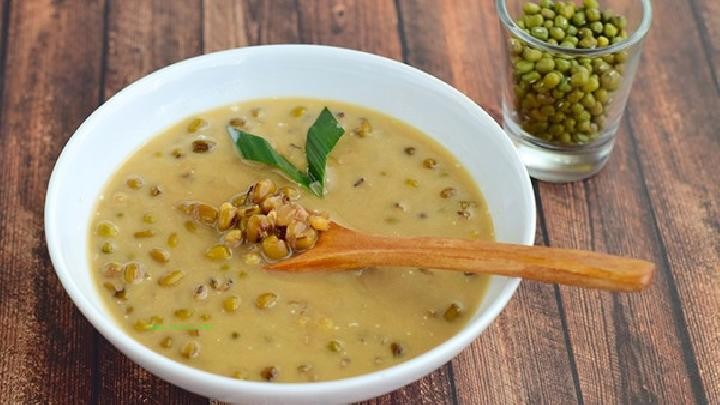With the acceleration of the pace of life, many people choose fast food, which has caused stomach problems for most people.
Be careful of certain foods that are most harmful to the stomach
Fried foods: Fried foods such as chicken nuggets and French fries are inevitably rich in oil and fat, and the accumulation of these two substances in the stomach can cause diseases. Oils and fats produce a substance called "acrylic acid" at high temperatures, which is difficult to digest. A nutritionist said, "If you already suffer from diseases such as gastroenteritis, you should pay special attention to eating less oily and high-fat fried foods, otherwise it will cause some discomfort symptoms, such as nausea and diarrhea."
A nutritionist said, "If you already suffer from diseases such as gastroenteritis, you should pay special attention to eating less oily and high-fat fried foods, otherwise it will cause some discomfort symptoms, such as nausea and diarrhea."
Spicy food: Chili peppers can stimulate the inner wall of the esophagus, causing an unpleasant heartache and increasing the burden on the stomach after consumption. Even if you want to add some sour cream to cool it down, you can still get the same stimulation. Moreover, adding things like sour cream can actually lead to other side effects.
Peppermint: Peppermint can relax the esophageal sphincter and increase the likelihood of pantothenic acid. Be careful with anything containing mint, such as mint tea, mint candies, and mint gum.
Broccoli: Broccoli contains a high amount of soluble dietary fiber. This type of fiber can only be broken down in the large intestine and produce a large amount of gas. Meanwhile, broccoli also contains gas producing sugars similar to those found in legumes.
Tomatoes: Tomatoes have a high acidity and may stimulate the stomach to produce more stomach acid. Therefore, eating too many tomatoes can lead to symptoms such as pantothenic acid and heartburn. The same goes for tomato sauce made from tomatoes.
Four therapeutic formulas for regulating the intestines and stomach
1. Peanut millet porridge
Materials: 50g millet, 50g peanut kernel, 30g red bean, appropriate amount of osmanthus sugar and rock sugar.
Method: Soak millet, peanut kernels, and red beans in clean water for 4 hours, then rinse thoroughly and set aside for later use; Pour an appropriate amount of water into the pot, add peanut kernels and red beans, and bring to a boil. Then, simmer over low heat for 30 minutes; Add millet, cook until the rice is tender, the peanut kernels and red beans are crispy and soft, then add rock sugar and osmanthus sugar.
Effect: Xiaomi has a sweet and salty taste, and has the effects of clearing heat, quenching thirst, strengthening the stomach, removing dampness, and promoting stomach sleep. It is more suitable for people with internal heat and weak spleen and stomach to consume. Some people have a bad appetite, but eating millet can stimulate appetite and nourish the stomach, with the effects of promoting digestion, preventing nausea and vomiting.
Jujube, red bean, sweet potato, lotus seed, lily, etc. can be added according to personal taste to make nutritious Congee with different flavors.
2. Papaya Pork Rib Soup
Ingredients: 1 fresh papaya, 150g peanut kernels, 500g pork ribs, 9 red dates, moderate salt, MSG.
Method: First, wash the papaya, remove the skin and seeds, and cut into thick slices. Soak the peanut kernels in clean water for 30 minutes, wash and chop the pork ribs, and remove the red date pits. Put all the ingredients into a clay pot, add an appropriate amount of water, then boil over high heat, then reduce to low heat and simmer for 3 hours. After that, add an appropriate amount of salt and MSG. Take 1 to 3 times a day, 150ml to 200ml each time, and can be eaten with meals.
Take 1 to 3 times a day, 150ml to 200ml each time, and can be eaten with meals.
Effect: Clearing heat and moistening dryness, strengthening the spleen and promoting bowel movements. For patients with chronic gastritis, gastric ulcers, duodenal ulcers, indigestion, thirst, dry throat, or sore throat, this soup can be consumed to help alleviate symptoms and nourish the body.
3. Lean Mushroom Soup
Ingredients: 100g fresh mushrooms, 100g lean pork, peanut oil, and salt.
Recipe: Wash the mushrooms and pork, slice them into pieces, put them in a clay pot, add some water to make soup, wait for the soup to thicken and the meat to cook, then add peanut oil, salt, and monosodium glutamate for seasoning. Can be eaten regularly.
Effect: The soup is thick and fragrant with meat, and has the effects of strengthening the spleen and kidneys, protecting and nourishing the stomach.
4. Codonopsis pilosula and bighead carp soup
Ingredients: 1500 grams of fresh bighead carp, 30 grams of Codonopsis pilosula, an appropriate amount of cooking wine, salt, scallions, ginger, grass fruit, tangerine peel, cinnamon, vegetable oil, and chicken soup.
Method: First, prepare a gauze bag and wash the Codonopsis pilosula, grass fruit, tangerine peel, cinnamon, and ginger with clean water, then put them into the gauze bag. Next, clean the crucian carp, remove its internal organs and wash it clean. Add an appropriate amount of oil to the pot and fry the fish slightly. Add an appropriate amount of chicken soup to the pot, then add the medicine packet, scallions, cooking wine, salt, and fish to cook.
Consume 1 to 3 times a day, 150 to 200 milliliters each time, and can be eaten with meals.
Effect: This Codonopsis pilosula and Bighead carp soup can have the effects of tonifying the spleen and stomach, supplementing the middle and nourishing qi, and helping to regulate the gastrointestinal tract.




Comments (0)
Leave a Comment
No comments yet
Be the first to share your thoughts!